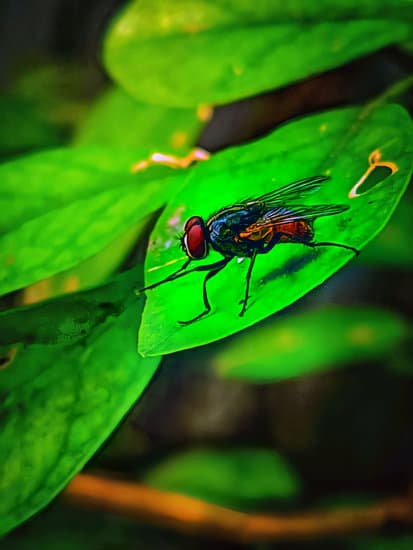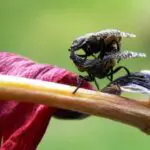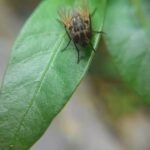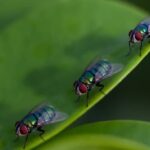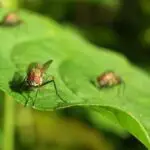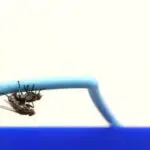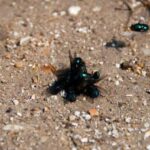Why Are Fruit Flies Attracted to Vinegar?
If you’ve ever wondered why fruit flies are attracted to vinegar, you’re not alone. The final byproduct of the fermentation process in fruit is vinegar, or acetic acid. In small amounts, it does not affect the flies, who are attracted to it because it signals ripe fruit. In large amounts, though, flies react differently. They develop resistance to the smell because of two neuropeptide signaling systems. One system uses a short neuropeptide F receptor that helps transmit signals to the DM1 glomerulus. The other system increases sensitivity to smells that are far less intense than the vinegar odor.
In addition to being a natural insect repellent, vinegar is an excellent home remedy for controlling fruit flies. The acetic acid in vinegar is toxic to flies and gives them a bad taste. The smell causes them to lose their sense of direction and find it hard to fly away. Vinegar is made by fermenting fruit juice, which creates alcohol and carbon dioxide gas. Despite its toxic nature, vinegar has a strong smell that flies find appealing.
One way to naturally control fruit flies is to make a trap using vinegar, white wine, and detergent. The flies will drink the mixture, but won’t survive. However, white vinegar is too pungent and lacks sweetness. Apple cider vinegar is the perfect solution as it contains a lot of sweet scent that fruit flies prefer.
